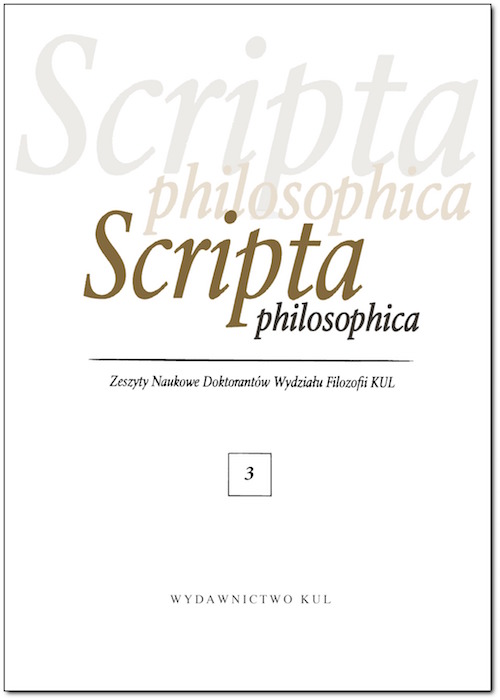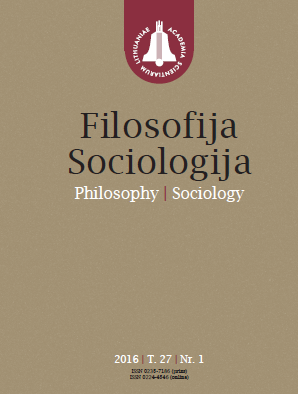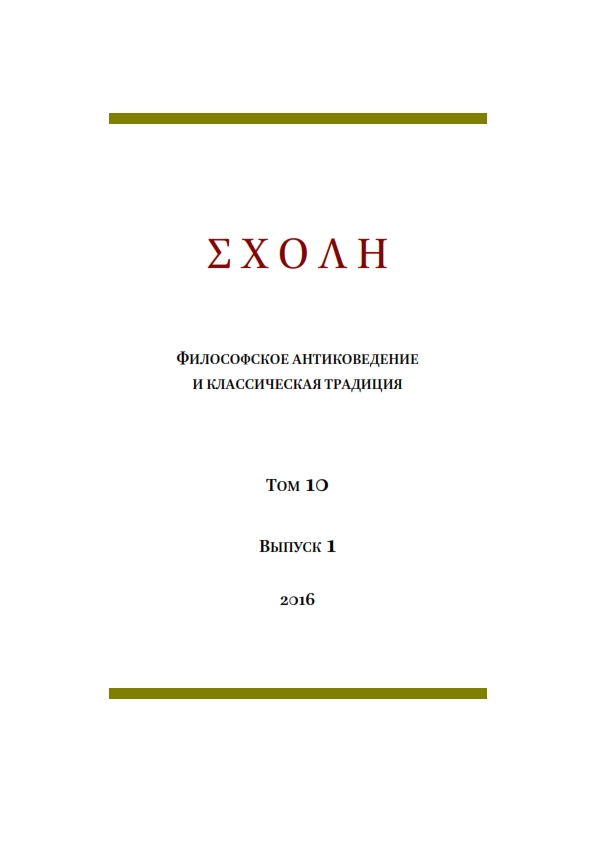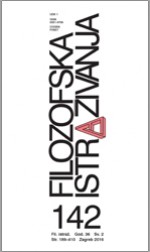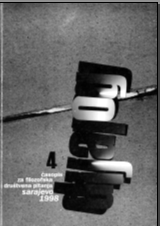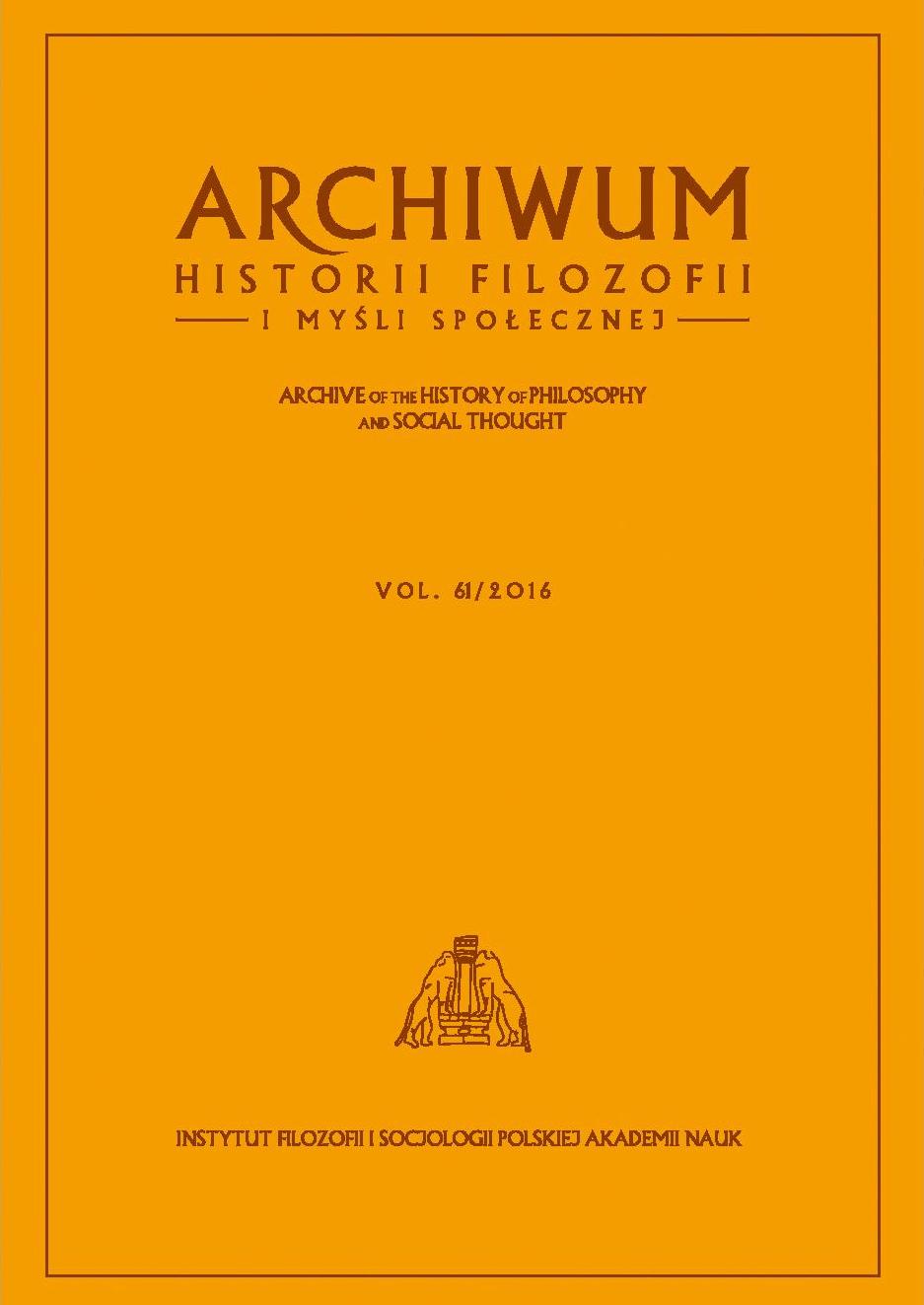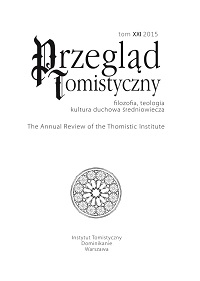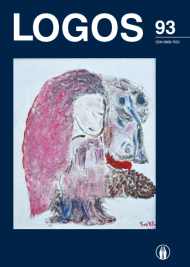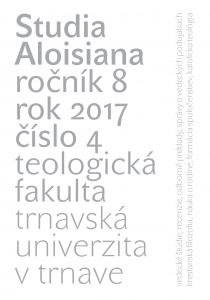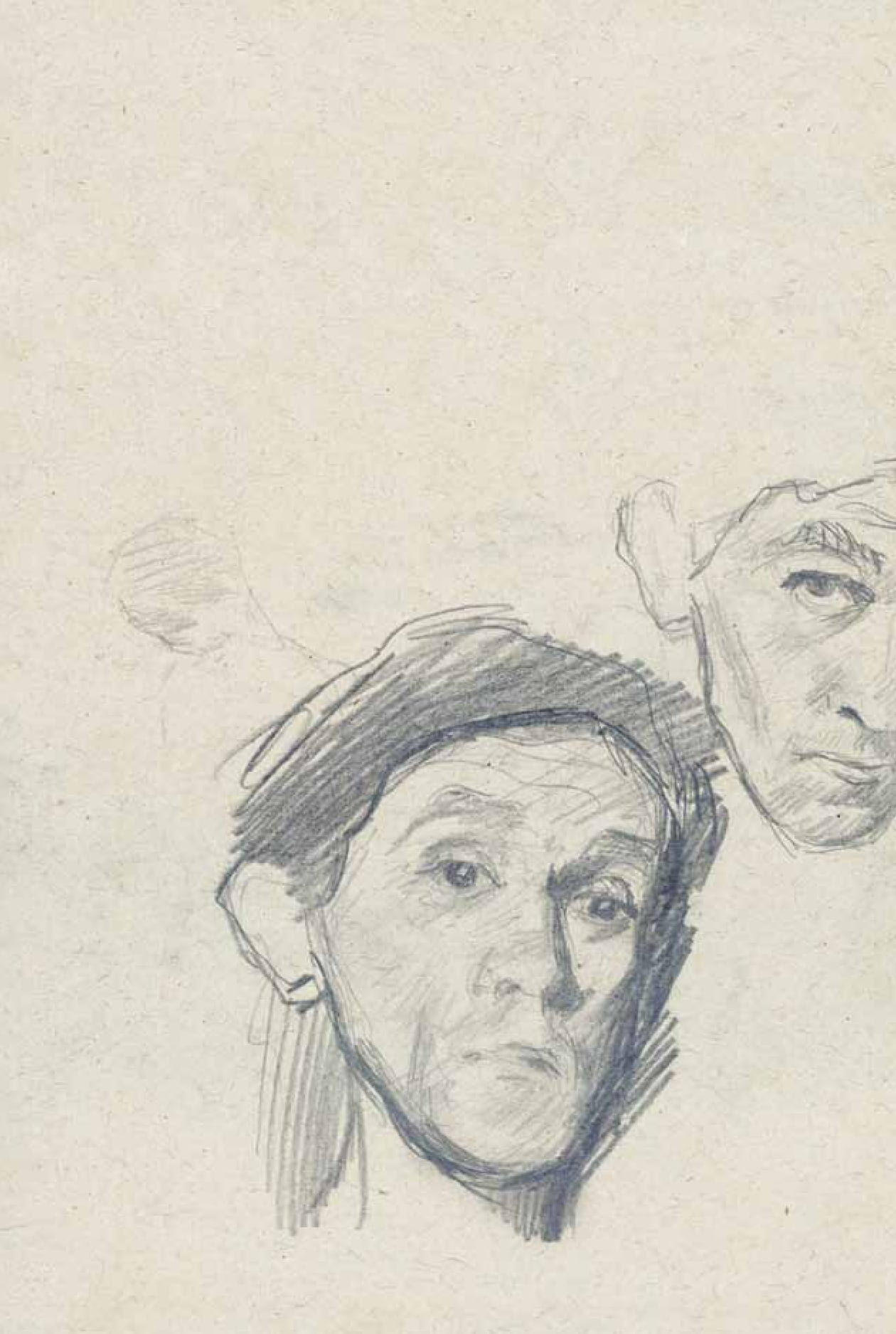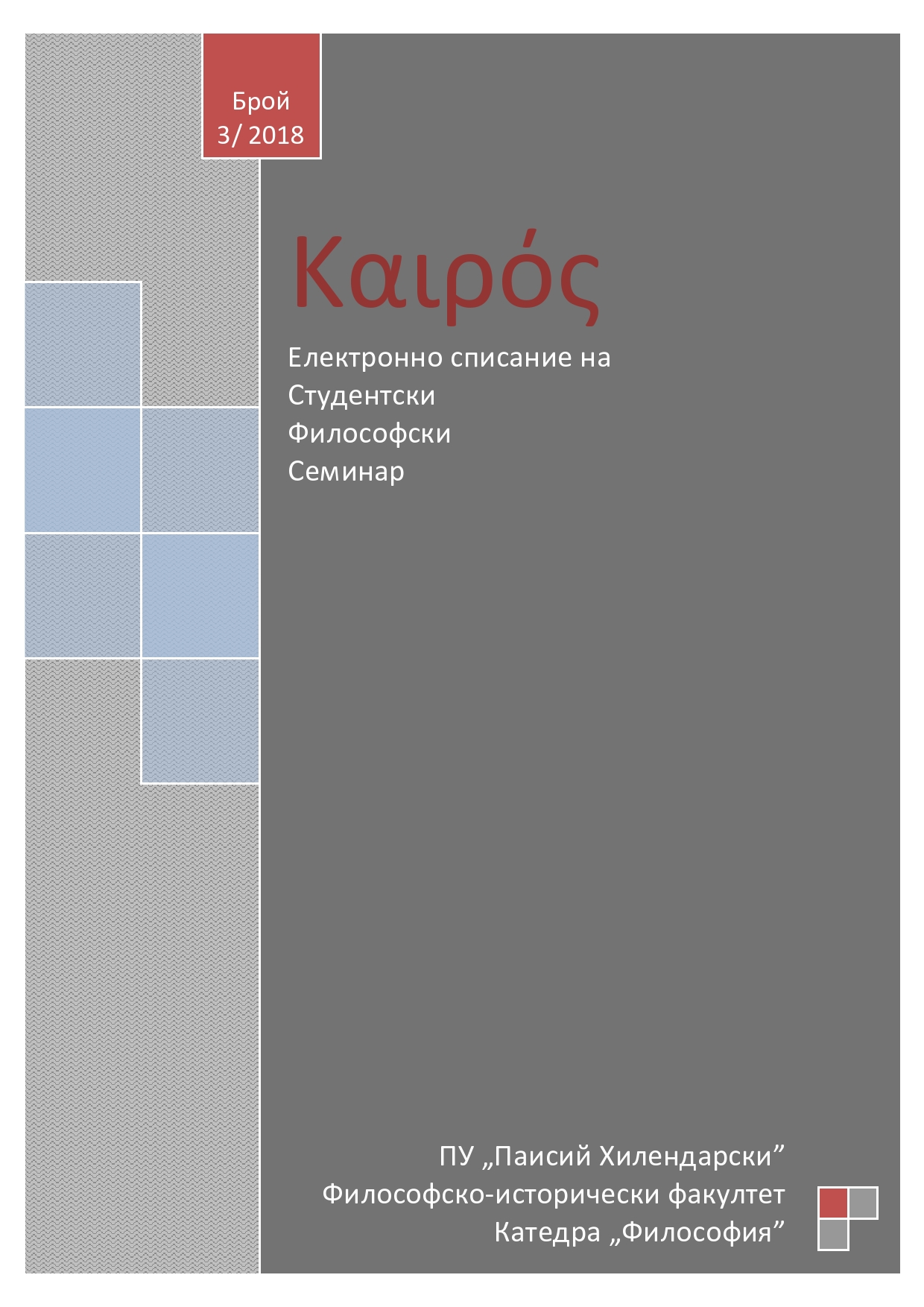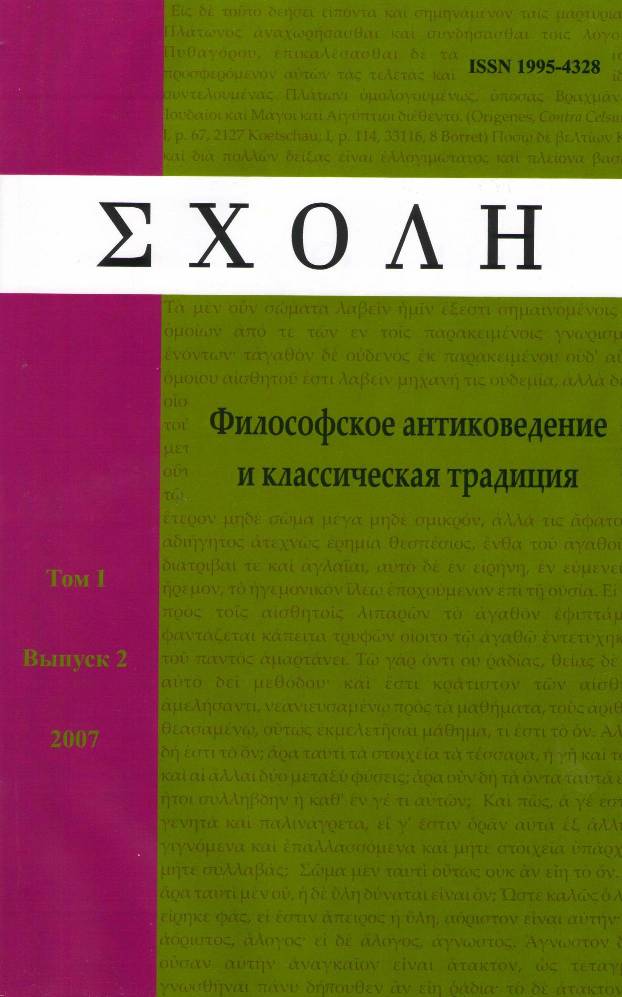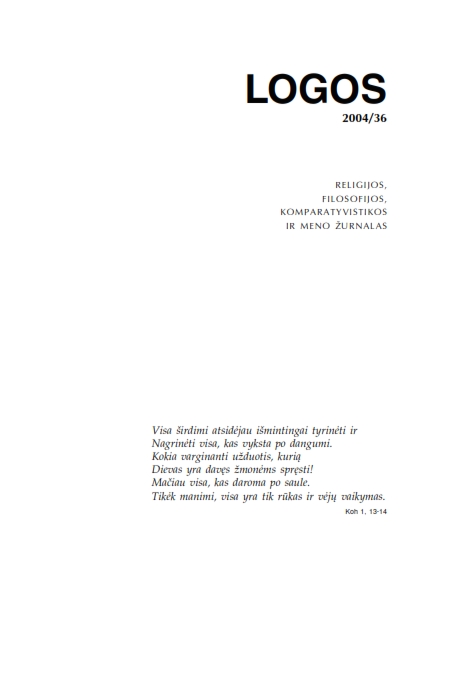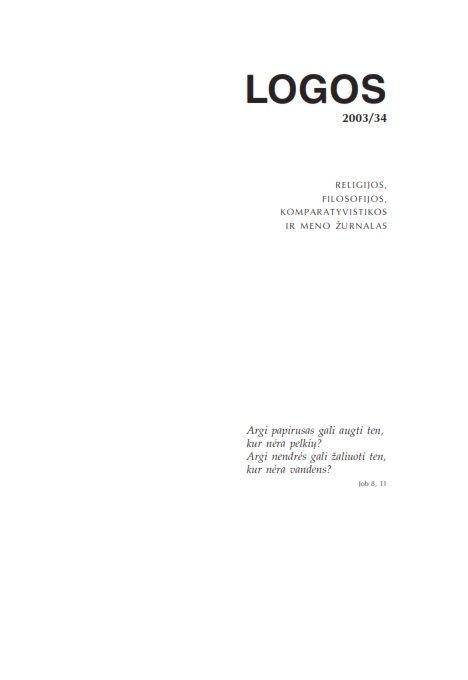Author(s): Mikhail V. Egorochkin / Language(s): Russian
Issue: 2/2019
The article for the first time summarizes the views of Xenophanes of Colophon on the earth, its structure and location in the Universe. The most interesting of the fragments devoted to the topic is the fragment B 28, in which Xenophanes, according to the most ancient and modern interpreters, considers the earth to be infinite. The author demonstrates, however, that this interpretation can hardly be correct because Xenophanes speaks not about the infinity of the lower part of the earth, but its lower limit going to infinity. Trying to find out what Xenophanes means by infinity, the author shows that this concept implies both spatial and epistemological uncertainty, so that everything which goes beyond human experience, can be called infinite. Not only the lower part of the earth is infinite in this sense, but also its surface which encompasses many different regions seen as separate worlds, as well as the air going beyond the limits of visibility. Analyzing the testimonies of Pseudo-Plutarch and Hippolytus, the author shows that the Earth’s surface could have been initially made of mud which then was dried and condensed by air and fire. This solid upper part of the Earth, which can be called earth in the narrow sense of the word, can be considered as one of the four elements. However, taken as a whole the Earth of Xenophanes should not be understood as an Aristotelian first principle. Rather it represents the cosmos, that determines the measure of human knowledge, and which can be therefore described by the ancient dictum “all things are Earth” (Arist. Met. A 8, 989a 9–10).
More...
